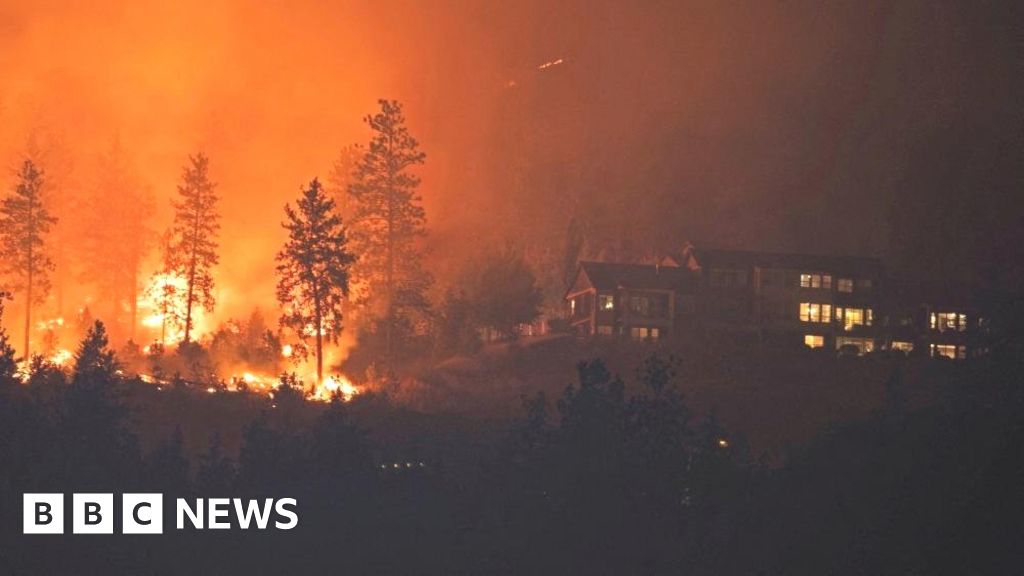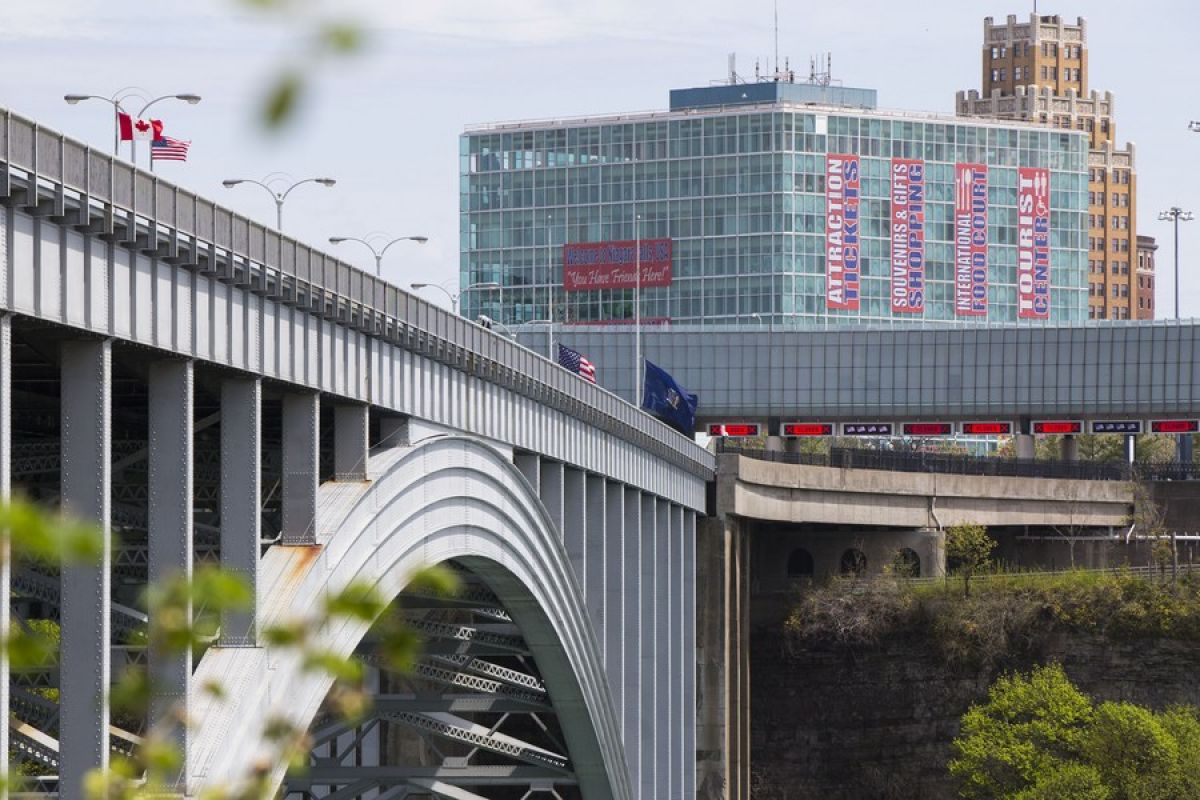By Jaroslav Lukiv & Aoife Walsh, BBC News
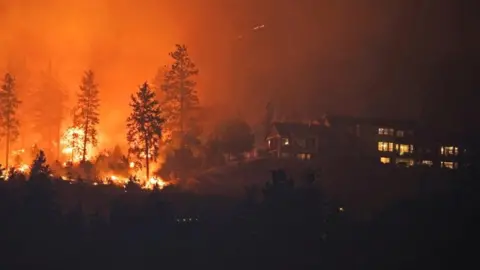 Reuters
ReutersAround 30,000 households have been ordered to evacuate the Canadian province of British Columbia, where nearly 400 forest fires are raging.
Two huge fires in the Shuswap area merged overnight, destroying blocks of homes and other buildings.
To the south, travel to the waterfront city of Kelowna has been restricted and smoke from nearby fires hangs over Okanagan Lake.
Fires charred homes in West Kelowna, a neighboring city of 36,000 people.
Travel restrictions around Kelowna are intended to ensure sufficient accommodation for evacuees and rescue workers. This also applies to the cities of Kamloops, Oliver, Penticton, Vernon and Osoyoos.
Hundreds of kilometers to the north, a huge fire continues to spread towards the city of Yellowknife.
The official deadline to evacuate the city – the capital of Canada’s Northwest Territories – expired on Friday. A local official said later in the day that almost all residents had left, either by car or plane.
Around 19,000 of the town’s 20,000 residents were evacuated. Authorities said 39 patients were transferred from one hospital to other facilities Friday evening, making them the last people to be evacuated from the city.
Environment and Communities Minister Shane Thompson said some people had chosen to “shelter in place” but urged residents to leave.
In British Columbia, evacuation orders increased from 15,000 homes Friday to at least 30,000 Saturday evening. Another 36,000 homes are on evacuation alert.
The province’s emergency management minister said officials “cannot overemphasize the critical importance of following evacuation orders.”
Bowinn Ma added, “It’s a matter of life and death, not only for the people who are in these properties, but also for the first responders who often come back to try to plead with people to leave. »
The province’s premier, David Eby, estimated the total number of people ordered to leave at 35,000, with 30,000 expected to prepare to evacuate.
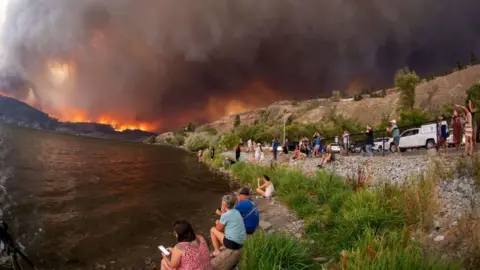 Getty Images
Getty Images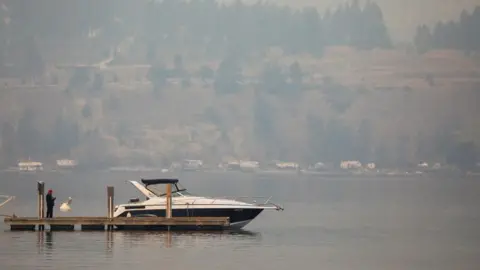 Reuters
ReutersCanada is experiencing its worst wildfire season on record, with at least 1,000 fires across the country, according to the Canadian Interagency Wildfire Center (CIFFC).
Experts say climate change increases the risk of hot, dry weather that could fuel wildfires.
Extreme, long-lasting heat draws more and more moisture from the ground, which can fuel fires that can spread incredibly quickly, especially if winds are strong.
Although no deaths were reported in the latest fires, at least four firefighters lost their lives during this record-breaking season.
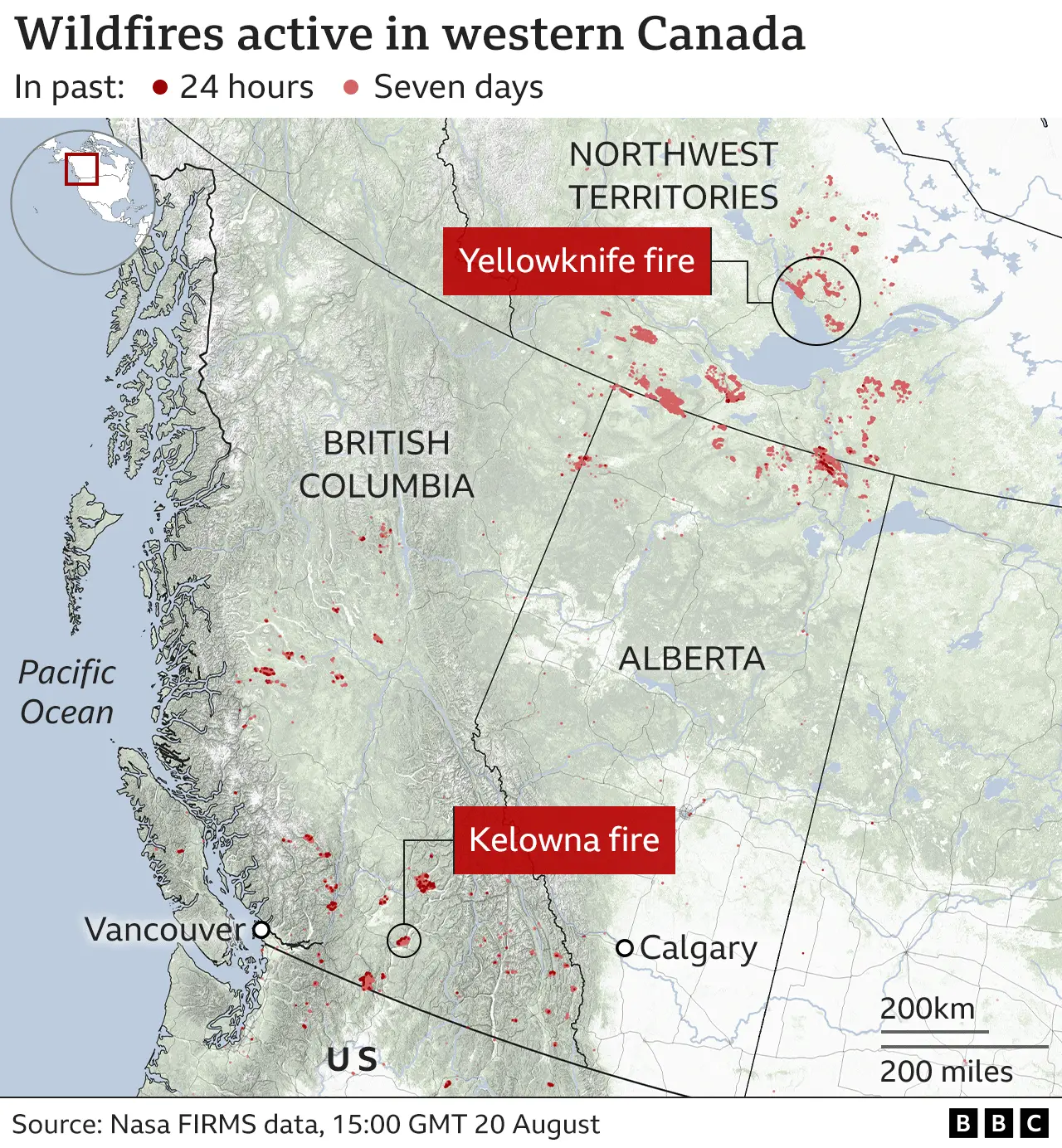
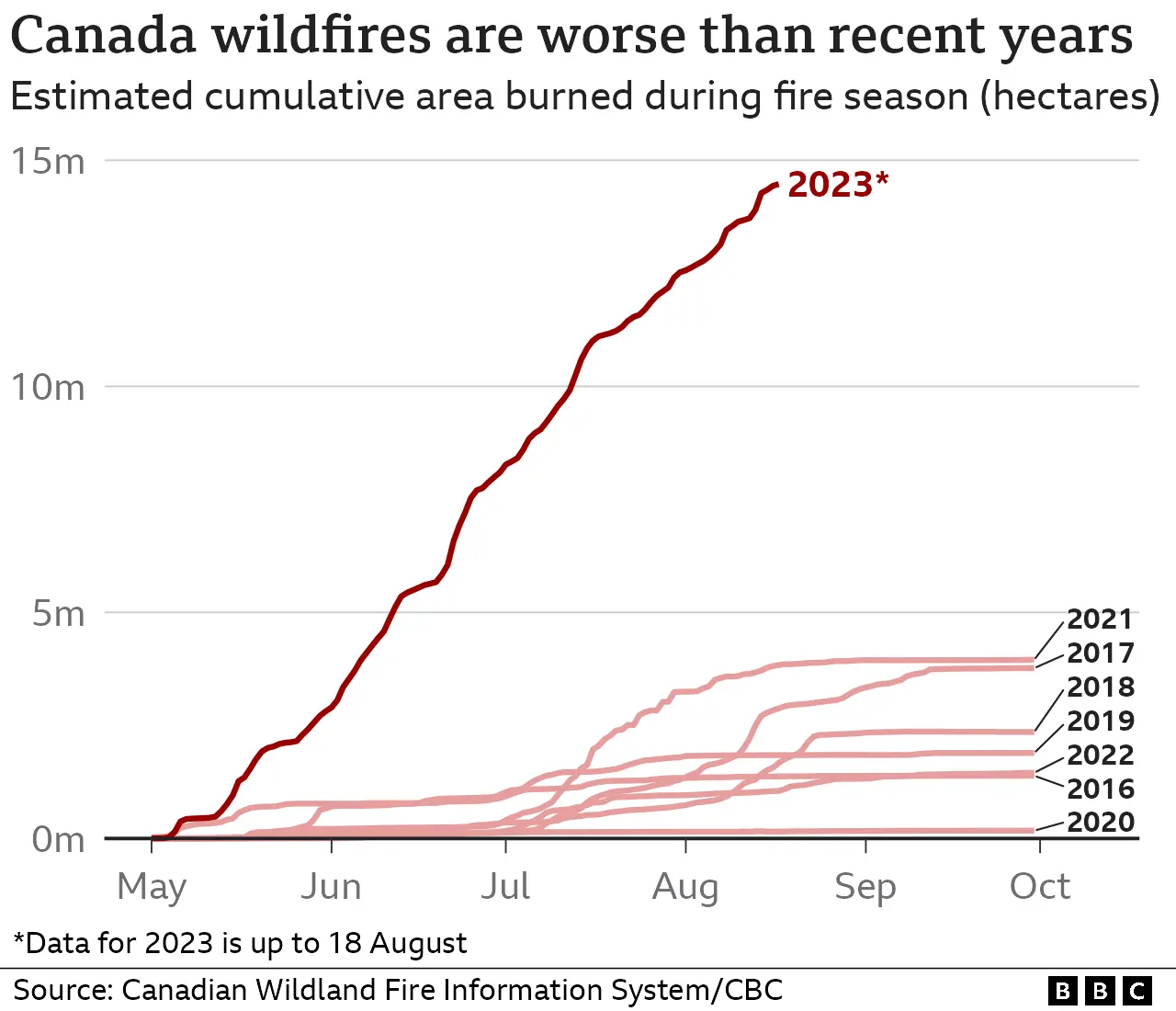



Are you personally affected by the wildfires in Canada? If it is safe to do so, you can contact us by email [email protected].
Please include a telephone number if you would like to speak to a BBC journalist. You can also contact us in the following ways:
If you are reading this page and do not see the form, you will need to visit the mobile version of the BBC website to submit your question or comment or you can email us at [email protected]. Please include your name, age and location with any submission.

“Typical zombieaholic. General twitter fanatic. Food fanatic. Gamer. Unapologetic analyst.”

